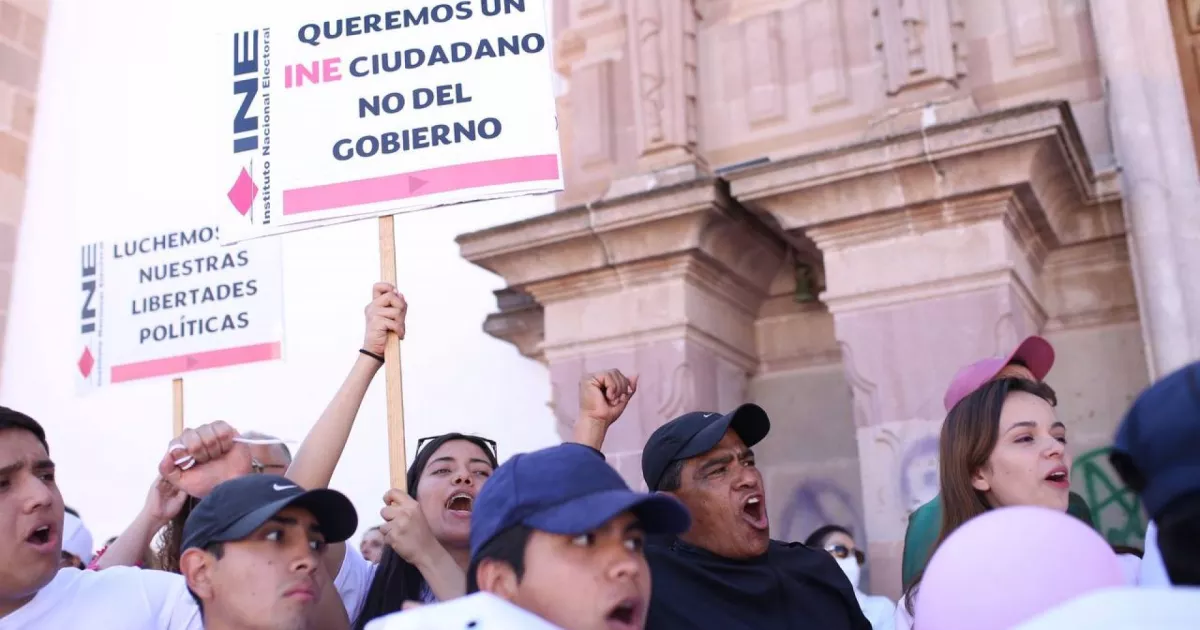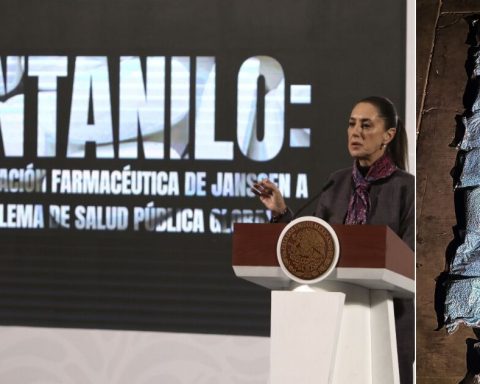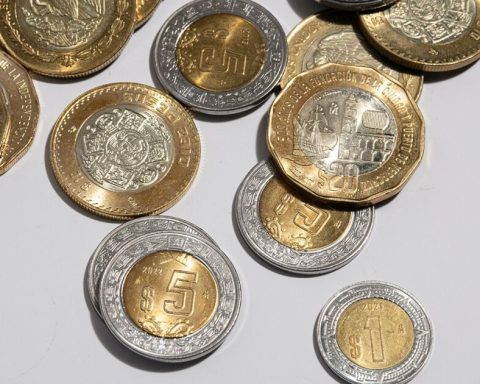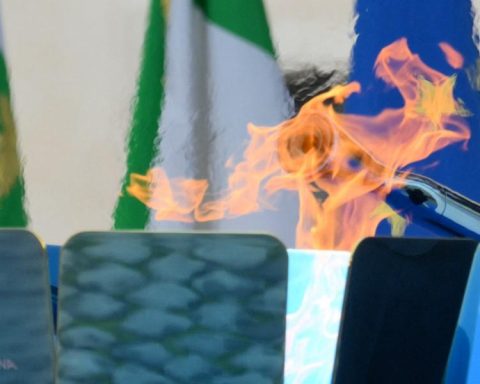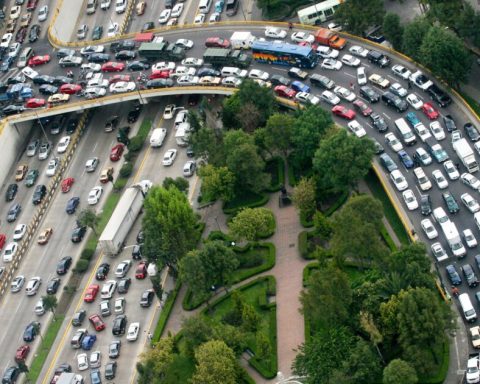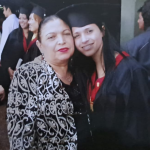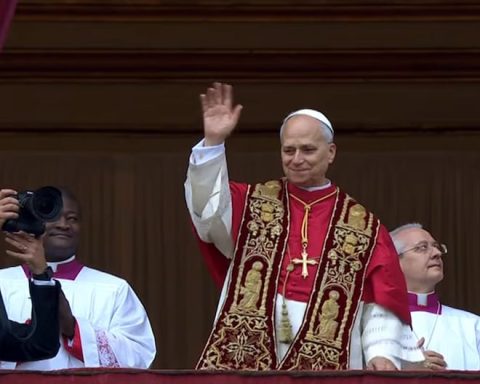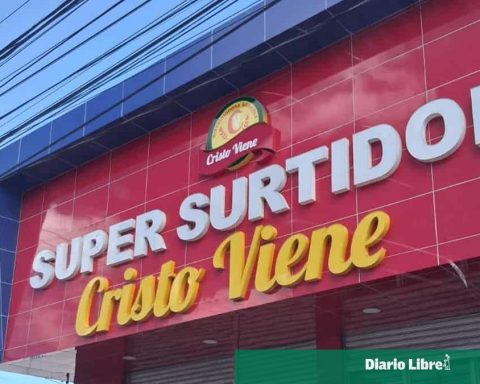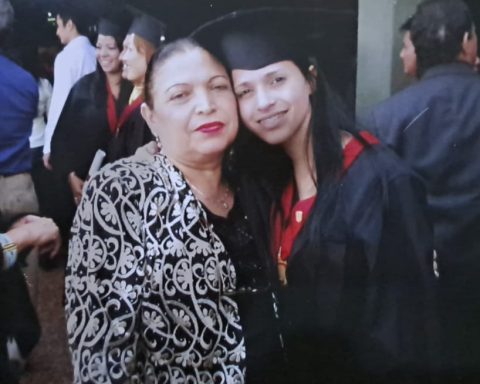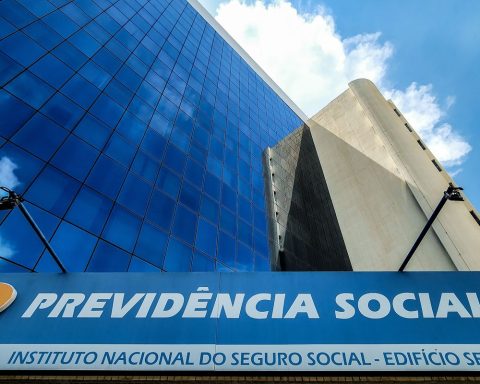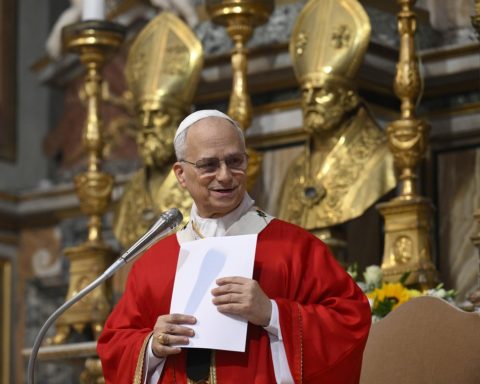The also academic points out that this method worked, however, in 2003, the initial agreements of 1994 and 1996 changed, and in that year the PRI and PAN reached an agreement and “ironed” the PRD, which was a factor in the electoral crisis of 2006.
“In such a way that there was no one within the General Council of the INE proposed by the PRD who was a watchdog of the electoral process, that’s where the perversion began, but the party in power has always proposed the majority of the councilors,” he says.
For his part, PRD member Ávila Romero comments that the current designation of the electoral advisers allows for a balance to be maintained in the so-called “horseshoe table”, because although they are elected by the parties, in the end, there is a balance “and not they are due to none of them.”
What is serious, alert, is that now it is sought that citizens participate in a contest and not only that, but that when they are appointed by the Executive, Legislative and Judicial, they go from being partisan candidates, to government candidates or even more, to ” narco-advisors”.
The intervention of organized crime in electoral processes to favor Morena occurred in Sinaloa and Michoacán. Now that López Obrador proposes the next advisers, of course those de facto powers will surely favor the president’s candidates.
“The parties can have a structure to promote candidates and at the time, in states dominated by drug traffickers that have supported Morena’s proposals to be governors, of course I have no doubt that the powers that be will support those proposals by López Obrador to be counselors or narco-advisers,” he says.
